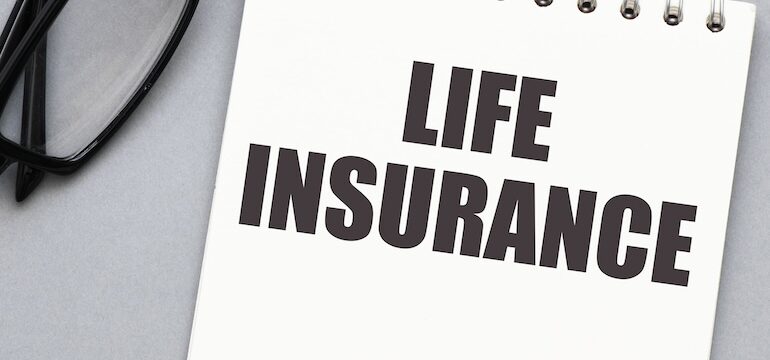Life insurance is a critical component of financial planning, providing peace of mind and security for your loved ones in the event of your passing. However, simply having a life insurance policy is not enough; it’s equally important to ensure that you have adequate coverage.
Being underinsured can leave your family vulnerable to financial hardships. In this article, we’ll discuss five signs that indicate you might be underinsured and what steps you can take to rectify the situation.
- Insufficient Coverage for Dependents
One of the primary purposes of life insurance is to provide for your dependents in your absence. If you have dependents such as children, a spouse, or aging parents who rely on your income for their financial well-being, it’s crucial to have enough coverage to replace your income and support them adequately.
If your current life insurance policy does not account for the needs of your dependents, you may be underinsured.
- Lifestyle Changes
Life is dynamic, and your insurance needs can change over time, especially after significant life events such as marriage, the birth of a child, or purchasing a home. If you’ve experienced significant lifestyle changes since you first obtained your life insurance policy, it’s essential to reassess your coverage to ensure it aligns with your current financial obligations and goals. Failure to update your policy accordingly could leave you underinsured.
- Limited Coverage Duration
Some life insurance policies, such as term life insurance, provide coverage for a specific period, typically 10, 20, or 30 years. If your policy is approaching its expiration date or if you’ve outlived the term of your coverage, you may no longer have sufficient protection.
It’s essential to review your policy and consider extending or renewing your coverage to avoid being underinsured during critical stages of your life.
- Inadequate Coverage for Debts and Expenses
Life insurance can help your loved ones pay off outstanding debts and cover various expenses, including mortgage payments, loans, funeral costs, and daily living expenses. If your current coverage is insufficient to settle your outstanding debts or maintain your family’s standard of living after your passing, you may be underinsured. Consider increasing your coverage amount to ensure your family is adequately protected against financial hardships.
- Limited Emergency Fund
An emergency fund serves as a financial safety net to cover unexpected expenses and emergencies. However, relying solely on your emergency fund to provide for your family in the event of your passing may not be sufficient, especially if your savings are limited.
Life insurance can complement your emergency fund by providing a lump-sum payment to cover immediate and long-term financial needs. If you lack a substantial emergency fund or your savings are insufficient to support your family’s needs, it’s crucial to have adequate life insurance coverage.
Take Action Today and Let Harris Insurance Personalize Your Insurance
If any of these signs resonate with your current situation, it’s essential to take proactive steps to address your underinsurance and protect your family’s financial future. Consider reaching out to a trusted insurance advisor, such as Harris Insurance, to discuss your options and determine the right amount of coverage for your needs. By reassessing your life insurance policy and making necessary adjustments, you can ensure that your loved ones are adequately protected against life’s uncertainties.
Don’t wait until it’s too late—invest in sufficient life insurance coverage today to provide your family with the security and stability they deserve.
For expert guidance on life insurance and personalized insurance solutions, contact Harris Insurance today.
LEGAL DISCLAIMER
Views expressed here do not constitute legal advice. The information contained herein is for general guidance of matter only and not for the purpose of providing legal advice. Discussion of insurance policy language is descriptive only. Every policy has different policy language. Coverage afforded under any insurance policy issued is subject to individual policy terms and conditions. Please refer to your policy for the actual language.




